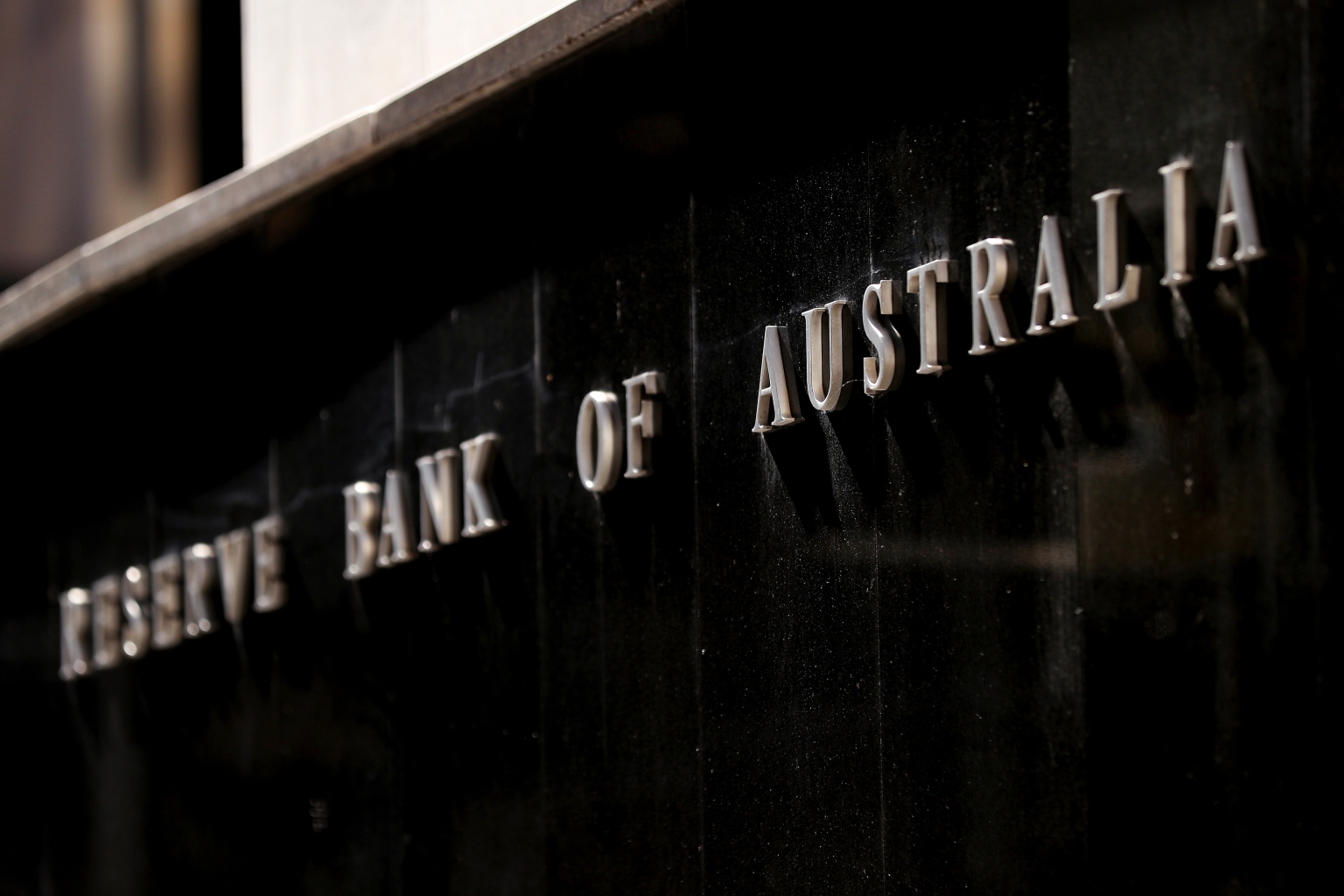Australia's bigger-than-expected rate hike sends currency higher
Sign up now: Get ST's newsletters delivered to your inbox

The Reserve Bank of Australia raised its cash rate by 25 basis points to 0.35 per cent, defying expectations for a hike of 15 basis points.
PHOTO: BLOOMBERG
SYDNEY (BLOOMBERG) - Australia's central bank increased interest rates by more than economists anticipated and signalled further hikes to come, sending the currency and bond yields higher.
The Reserve Bank raised its cash rate by 25 basis points to 0.35 per cent, defying expectations for a hike of 15 basis points. It was the first time borrowing costs had been lifted in an election campaign in almost 15 years.
"The board is committed to doing what is necessary to ensure that inflation in Australia returns to target," governor Philip Lowe said in a statement. "This will require a further lift in interest rates over the period ahead."
In opting for a bigger-than-expected increase, Australian policymakers are following global counterparts in taking a more aggressive approach to combating inflation. The Reserve Bank of New Zealand and the Bank of Canada last month hiked by 50 basis points and the Federal Reserve is widely expected to follow suit this week.
"The RBA (Reserve Bank of Australia) managed to wrong-foot every forecaster and even the market – no one was braced for 25 basis points," said Mr Sean Callow, a senior currency strategist at Westpac Banking.
"By projecting core inflation easing back only to the top of the band by mid-2024 even with delivery of further rate increases, the RBA is effectively giving markets carte blanche to be as hawkish as they like in pricing tightening."
Australian three-year yields jumped 15 basis points to 2.97 per cent, the highest since April 2014, after the decision. Ten-year yields climbed to 3.36 per cent after the announcement.
The Australian dollar rose as much as 1.4 per cent, before giving up part of the gain to trade at 70.92 US cents (S$1.10). The RBA's hike is a blow to the centre-right government, already trailing in opinion polls, as it campaigns for a rare fourth term in office at a May 21 election.
The central bank's decision is set to push up mortgage repayments for heavily indebted households at a time when they are grappling with rising cost of living pressures amid still tepid wage growth.
The RBA's statement also provided key figures from its quarterly update of economic forecasts that will be released in full on Friday. The central forecast for 2022 is headline inflation will accelerate to around 6 per cent and core inflation to around 4.75 per cent.
By mid-2024, headline and underlying inflation are forecast to have moderated to around 3 per cent, with the RBA adding that the forecasts are "based on an assumption of further increases in interest rates".
Australian gross domestic product is seen to grow by 4.25 per cent over 2022 and 2 per cent over 2023. Unemployment is predicted to decline to around 3.5 per cent by early 2023 and remain around that level thereafter.
Also on the agenda on Tuesday was the central bank's plan for future bond maturities after it tripled its balance sheet to A$650 billion (S$641) to support the economy through the coronavirus pandemic. The central bank decided against reinvesting the proceeds of bonds that mature in coming months, in effect embarking on a gradual quantitative tightening.
The impact of the widely expected decision is likely to be minor over the next year as only a small number of bonds are due to mature.


